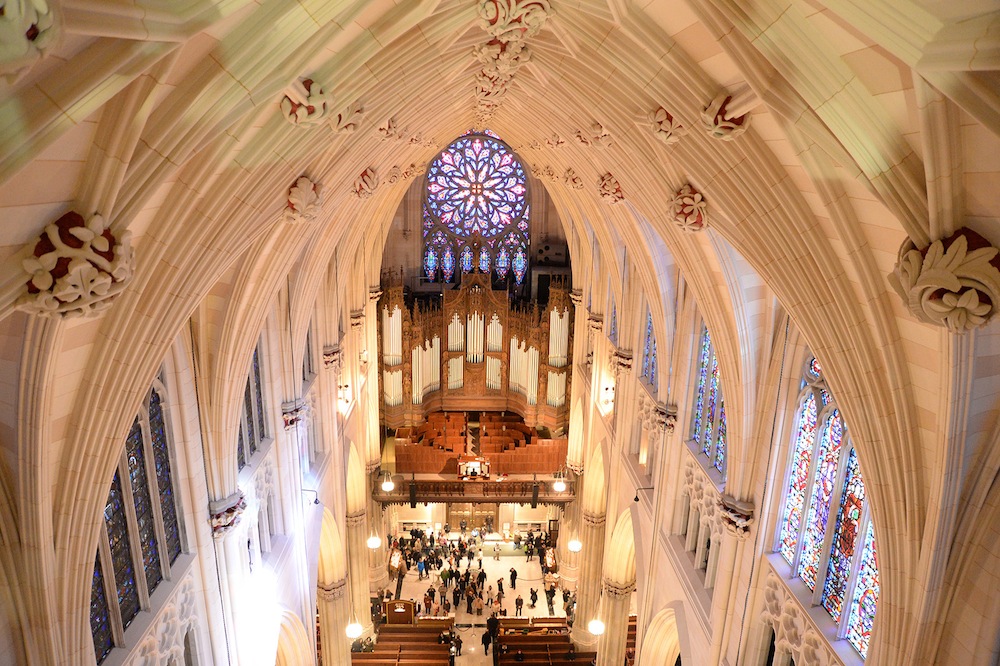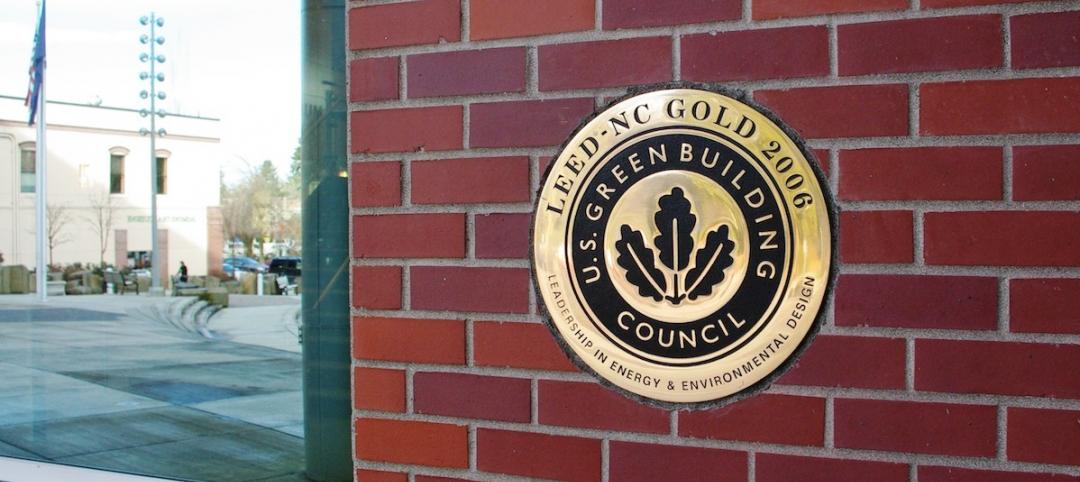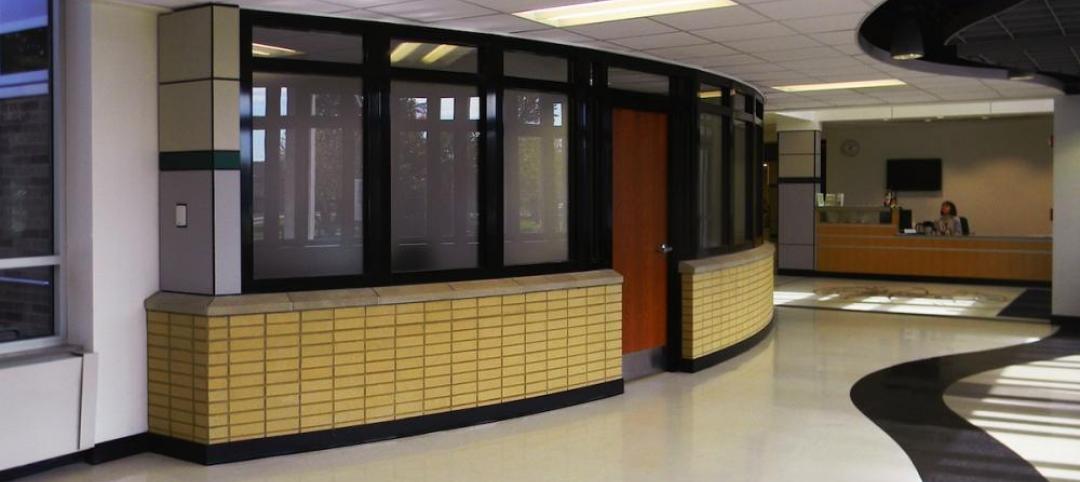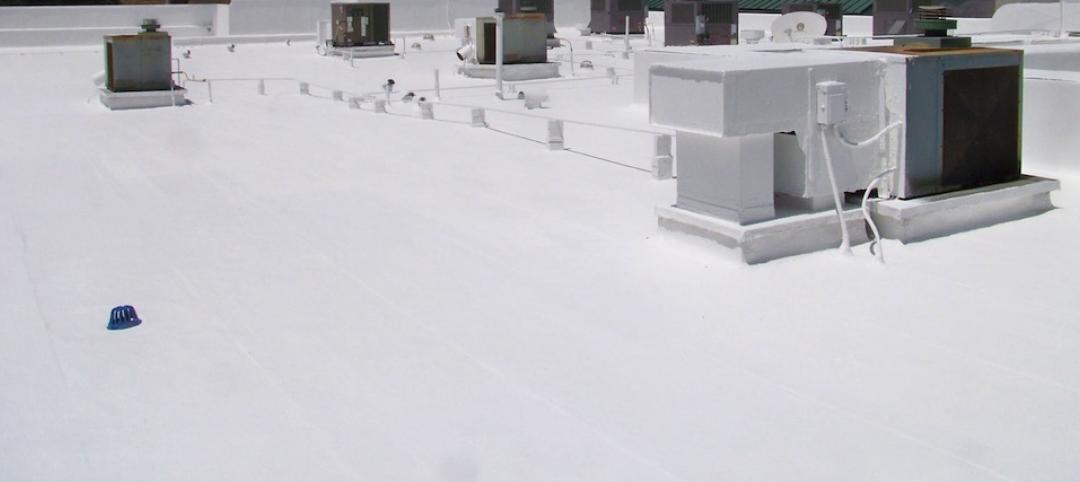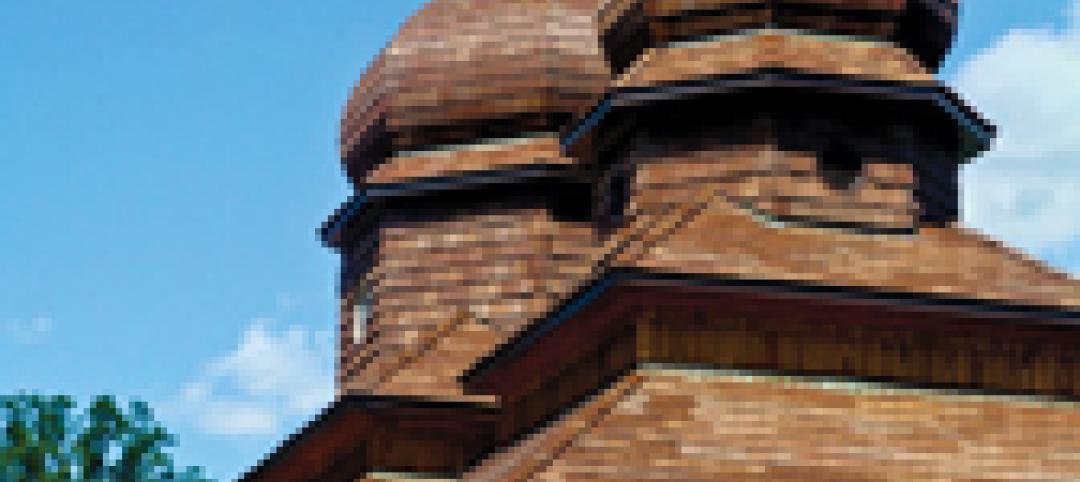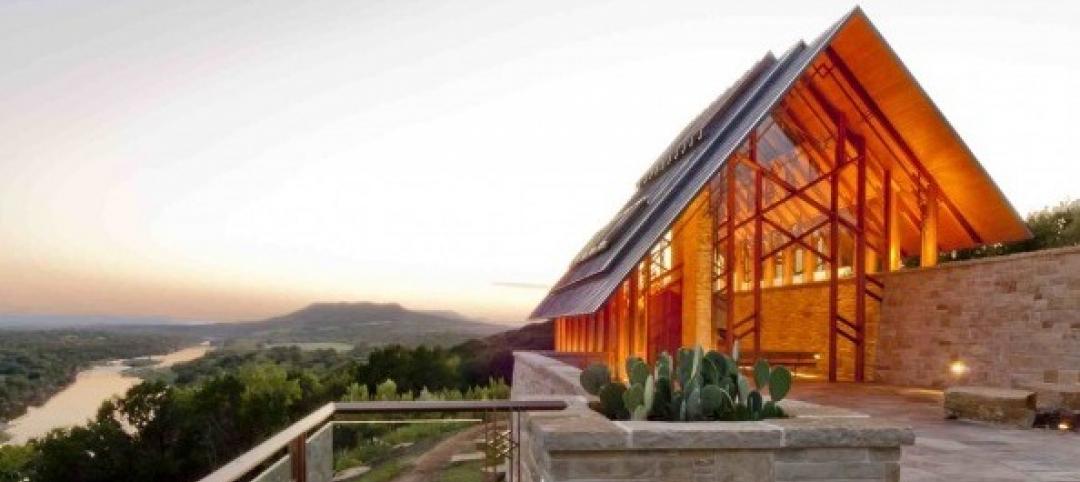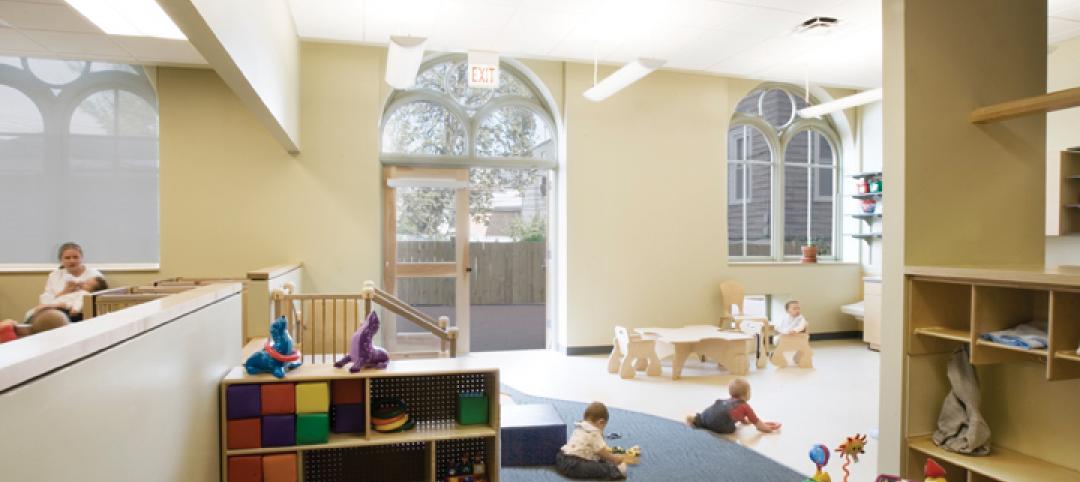Pope Francis is scheduled to visit New York City next month, and one of his stops will be the Cathedral of St. Patrick, where the Pontiff will lead an evening prayer service called Vespers on September 24.
Just in time for the Holy Father’s arrival, the neo-Gothic Roman Catholic Church and landmark in Manhattan will have completed a $177 million restoration, whose planning and reconstruction took nearly nine years. The complexity of this project required an unusually diverse array of consultants, from the Metropolitan Museum of Art to the New York Fire Department.
St. Patrick’s, which opened in 1888, had fallen into serious disrepair when, in 2006, Cardinal Edward Egan called for the building’s first major overhaul in 70 years. Murphy Burnham & Buttrick Architects developed a master plan that would allow the cathedral to stay open during the restoration.
A complex scaffolding system on a rolling platform moved down the cathedral’s interior nave in phases. That movement was coordinated, when possible, with exterior scaffolding to access stained glass windows from both sides and allow the Design team to review surfaces while the church was in use.
Autodesk’s BIM360 Field software managed this project, whose construction work got started in 2012 and included the tracking of more than 30,000 preservation treatments and repairs. This software also allows changes to the project’s scope to be communicated instantly to the Building Team.
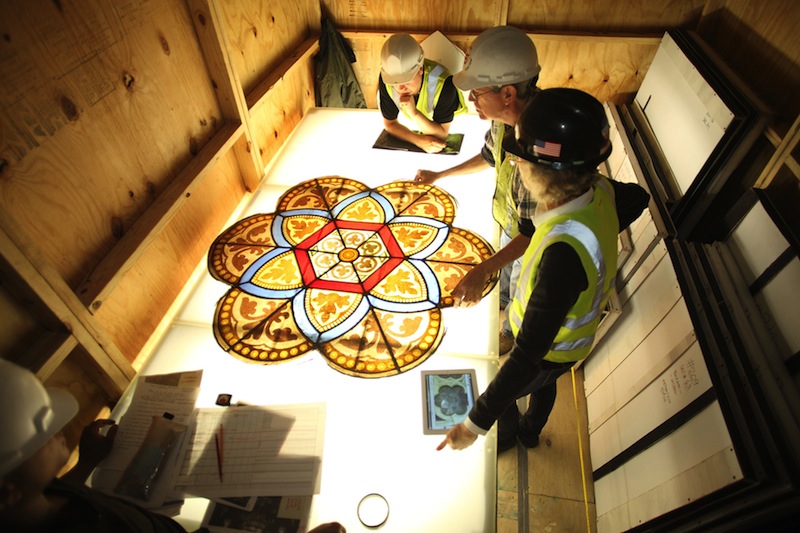
Every square inch of the exterior was cleaned and repaired, including the twin spires that rise 330 feet about street level. On the exterior, stone was cleaned using the Rotec system, a micro-abrasive technology of low-pressure water, air, and crushed glass. Copper stains were removed with a clay poultice that draws impurities from the stone. On the interior, the team used multiple applications of Arte Mundit, a chemical cleaning latex peel.
Seventy-five stained glass windows with 3,700 panels were cleaned and repaired, too. The team installed new transparent protective glazing with laminated UV filtering, which let in more light and mitigated heat.
Because there was no system for putting out a fire in the attic above the nave except for a single standpipe, it was clear that a blaze in the attic would be too dangerous for firefighters to extinguish. So the team installed a high-pressure mist system as an alternative to a conventional sprinkler system. The system uses nitrogen to propel a small fraction of the water a conventional sprinkler system uses, suppressing a fire in minutes.
All new MEP and electrical systems are installed, including a geothermal system that required drilling 10 wells of up to 2,200 feet deep into the bedrock along the north and south sides of the Cathedral, a feat considering the network of subways, plumbing, and infrastructure underground. The geothermal system is expected to provide a 30% energy savings and reduce greenhouse gas emissions by 94,000 kilograms annually.
The Building Team included Building Conservation Associates (Restoration Consultant), Landmark Facilities Group (MEP Engineer), Silman Associates (Structural Engineer), Langan (Geotechnical Engineer), Robin Key (Landscape Architecture), Jaffe Holden Acoustics, Aramark, Arup Fire, Barkley Studio, Cerami & Associates, William Dailey Code Consulting, Construction Specifications, Inc., Ducibella Venter & Santore, Eckersley O’Callaghan & Partners, Femenella & Associates, Fisher Marantz Stone, Mary Kay Judy, GB Geotechnics, Heintges & Associates, Northeast Energy Services, PW Grosser Consulting, Slocum Cost Consulting, and VDA Associates.
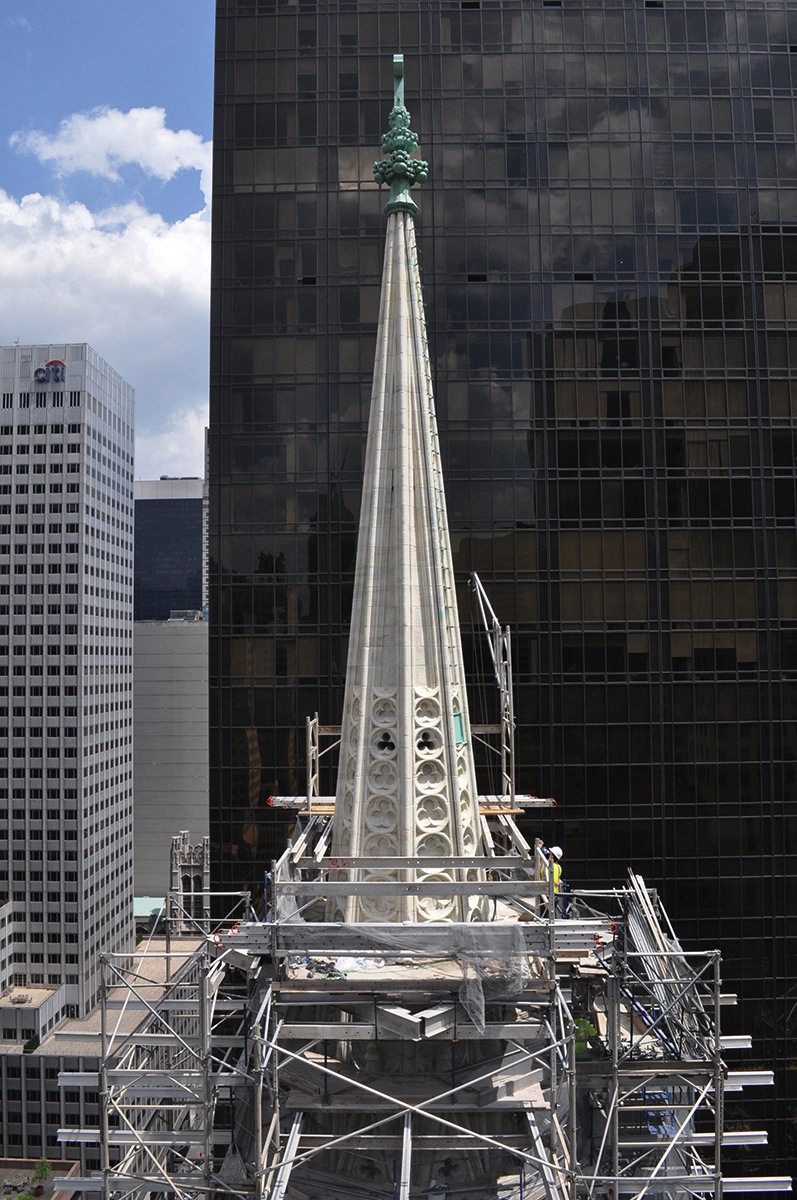
Related Stories
| Jun 5, 2013
USGBC: Free LEED certification for projects in new markets
In an effort to accelerate sustainable development around the world, the U.S. Green Building Council is offering free LEED certification to the first projects to certify in the 112 countries where LEED has yet to take root.
| Jun 3, 2013
Construction spending inches upward in April
The U.S. Census Bureau of the Department of Commerce announced today that construction spending during April 2013 was estimated at a seasonally adjusted annual rate of $860.8 billion, 0.4 percent above the revised March estimate of $857.7 billion.
| May 21, 2013
7 tile trends for 2013: Touch-sensitive glazes, metallic tones among top styles
Tile of Spain consultant and ceramic tile expert Ryan Fasan presented his "What's Trending in Tile" roundup at the Coverings 2013 show in Atlanta earlier this month. Here's an overview of Fasan's emerging tile trends for 2013.
| Apr 30, 2013
Tips for designing with fire rated glass - AIA/CES course
Kate Steel of Steel Consulting Services offers tips and advice for choosing the correct code-compliant glazing product for every fire-rated application. This BD+C University class is worth 1.0 AIA LU/HSW.
| Apr 24, 2013
Los Angeles may add cool roofs to its building code
Los Angeles Mayor Antonio Villaraigosa wants cool roofs added to the city’s building code. He is also asking the Department of Water and Power (LADWP) to create incentives that make it financially attractive for homeowners to install cool roofs.
| Apr 19, 2013
Must see: Shell of gutted church on stilts, 40 feet off the ground
Construction crews are going to extremes to save the ornate brick façade of the Provo (Utah) Tabernacle temple, which was ravaged by a fire in December 2010.
| Mar 29, 2013
PBS broadcast to highlight '10 Buildings That Changed America'
WTTW Chicago, in partnership with the Society of Architectural Historians, has produced "10 Builidngs That Changed America," a TV show set to air May 12 on PBS.
| Feb 5, 2013
8 eye-popping wood building projects
From 100-foot roof spans to novel reclaimed wood installations, the winners of the 2013 National Wood Design Awards push the envelope in wood design.
| Jan 3, 2013
Answered prayers
A bold renovation enables a small church to expand its mission on a grand scale.
| Jun 1, 2012
New BD+C University Course on Insulated Metal Panels available
By completing this course, you earn 1.0 HSW/SD AIA Learning Units.


